According to a January 7 policy update from New York City housing advocacy organization Care For the Homeless (CFH), the fast-approaching expiry of eviction moratoriums in New York and across the country will not only spell disaster for thousands of individuals and families whose housing has been made precarious by the COVID-19 pandemic and its economic fallout, but could lead to yet another surge in COVID cases, as people are forced into situations making it impossible to socially distance.
According to the CFH update, “One of the greatest protections against COVID-19 is to stay home, but how do people without homes keep themselves safe? It is undeniable that our country is currently facing a catastrophe, as more than 7 million households nationally, including 1.1 million New Yorkers, are at risk of eviction. What is even more alarming is that evictions are proven to have severe public health consequences.”
The CFH goes on to say that “A nationwide study published by the Journal of Urban Health shows the correlation between housing stability and public health. They looked at data from 44 states between the months of April and September 2020 and found that lifting eviction moratoriums led to increased COVID-19 incidences and mortality rates in the United States. The findings were the following:
- States that supported longer moratoriums (i.e. Kentucky, Pennsylvania) were able to prevent the increased spread of COVID-19 and had lower mortality rates then states that lifted the early.
- States that lifted moratoriums early (i.e. South Carolina and Texas), had 2.1 times higher incidence of COVID-19 and 5.4 times higher mortality rates, amounting to 433,700 excess cases & 10,700 excess COVID-19 related deaths nationwide.
“The national moratorium is set to expire on January 31, 2021, and this crisis will become a public health disaster at the expense of tenants and homeowners unable to pay their rent. Fortunately, the New York State Legislature recently passed one of the most comprehensive anti-eviction laws in the nation. Under the new measure, landlords will be barred from evicting most tenants for at least another 60 days in almost all cases.” (emphasis in original -Ed.)
The update goes on to say that “This is is great news, but it does not address the pressing issue of tenants owing landlords back rent once the moratorium ends. The $1.3 billion in rent relief authorized by the federal government in December will help, but much more is needed to address the impending crisis.
“Right now, more than 78,600 people are experiencing homelessness in NYC and more than a million are rent burdened, putting them at risk of becoming homeless. As we move our attention to the mayoral election of 2021 it is imperative that we push for investment in affordable housing and champion the idea that housing is a human right!
“A recent report by the New York Housing Conference created a blueprint for housing investment for NYC’s next mayor with a focus on racial equity, the expansion and preservation of affordable housing and a reduction of homelessness. The recommendations specifically focused on reducing homelessness include:
- Invest $4 billion per year to fund a comprehensive affordable housing plan;
- Establish minimum targets of at least 8,000 housing units for extremely low income and homelessness households per year;
- Appoint a single deputy mayor in charge of linking housing and homelessness policy in City Hall;
- Create a new, flexible rental subsidy of at least $200 million per year matched by New York State; and
- Create a racial equity strategy that begins to reverse centuries of racist housing policies.
“It is important that these issues are at the forefront of our advocacy this year,” concludes the organization. “We must address the city’s widespread lack of affordable housing, growing homelessness, neglected public housing and the effects that the pandemic has had on vulnerable communities to create a more equitable city for all who reside here.”
You can read the full United for Housing report here.





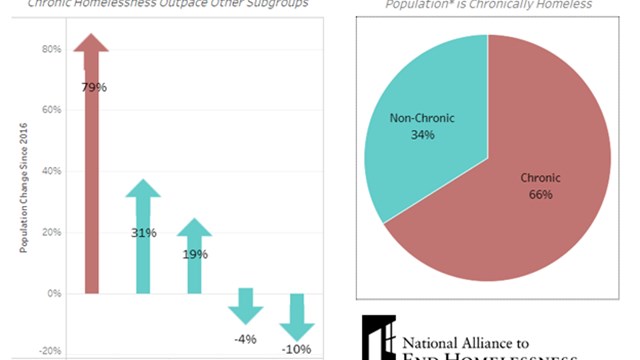
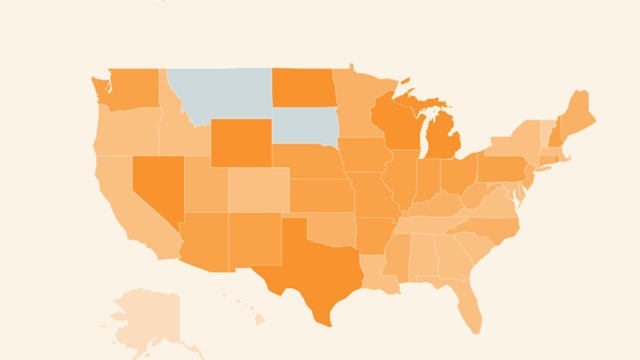
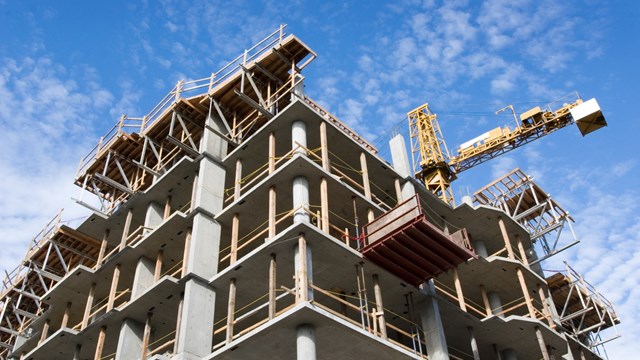
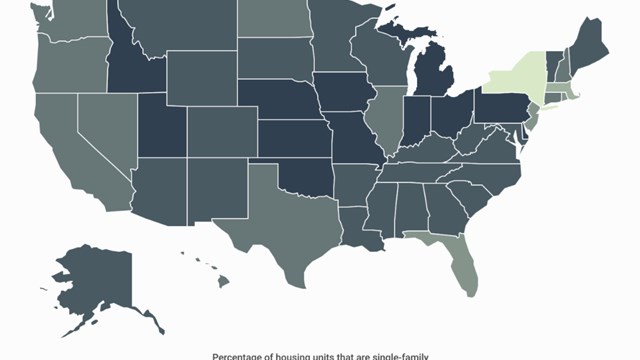
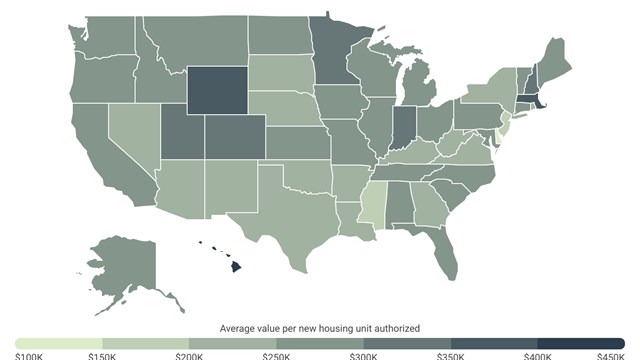
Leave a Comment